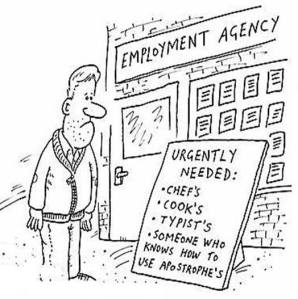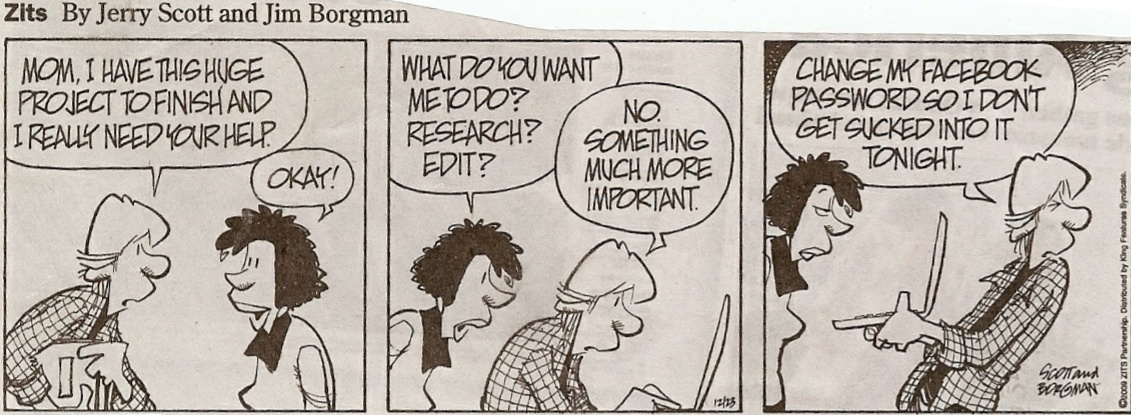I have written in the past with answers to frequently asked questions. Now I’m writing about one of the most frequently UNASKED questions. It seems that everyone knows you have to take SATs or ACTs to apply to most colleges, but SAT Subject Tests aren’t on many people’s radar. If you are applying to a college ranging from somewhat selective to highly selective (students who get B+ in school to those who have nearly perfect averages), then the answer is YES, you should be taking SAT Subject Tests.
WHAT ARE SAT SUBJECT TESTS?
SAT Subject tests used to be called SAT IIs. Way back when I was going to school, they were called “Achievement Tests,” and that’s what they are. There are 20 Subject Tests: math (2 levels), science (bio, chem, physics), foreign language (with or without a listening component), literature, US history, and world history. Each test is one hour, multiple choice only. None of the tests has a short answer section or anything you need to write yourself.
WHO SHOULD TAKE SAT SUBJECT TESTS?
A few schools have made the news lately (at least the news I follow, which is heavily about testing and college issues) by dropping their requirement that students submit two SAT Subject tests. But, as this article confirms, many, many schools still recommend subject tests, which can and do make a difference in your application. First of all, most of the applicants to any given college have GPAs in the same range with similar test scores and similar activities. If 95% of those applicants submit subject test scores and you don’t, the college can’t help but conclude that either you’re too lazy to take the test or you did take the test, but your scores were very low. The colleges seldom use the tests to make admission decisions (except as I said when you don’t submit them), but they are used to verify your school grades. Is an A at your school the same as an A in a private boarding school in Boston? Is an A at your school the same as an A in an inner city school? An SAT Subject Test allows the college to compare levels of achievement on an objective basis.
You may have heard that if you take the ACTs instead of the SATs, you don’t have to submit Subject Tests. For many schools, that’s true. But for many schools, it’s not true — they still prefer you submit subject tests, as this article confirms. So take them! Each is only an hour. If you’re not sure whether you’d do well on a given test, I STRONGLY recommend you take a sample test at home a few months before the actual test. (There’s only one book I would recommend for your practice: The Official SAT Study Guide for ALL Subject Tests by the College Board. It has one of each test they offer.) That way, if there are questions you get wrong, you can evaluate: Did I get them wrong because I never learned that information? Did I get them wrong because the test asked the question in an unfamiliar way but now I see how to understand that question? Did I get them wrong because I forgot that information?
After you take the sample test, you’ll know whether you are prepared to take the test, whether you should NOT take the test because there’s too much content that’s unfamiliar to you, or whether you should go to your teacher and say, “I didn’t get these questions right about World War II. Will we be covering that material before I take this test?” Then you can either not take the test, wait for the teacher to cover the material, or learn it on your own.
WHICH SUBJECT TESTS SHOULD I TAKE — AND WHEN?
Some students mistakenly think that if they aren’t taking an honors-level or AP-level class, they won’t do well on the SAT subject test. That’s not necessarily true. Some students don’t even consider taking a subject test because their teacher didn’t mention it. I haven’t found a high school yet (and I know quite a few) where teachers have a strong sense of who should take which tests, so you can’t rely on your high school teacher, or even your guidance counselor, to tell you to take SAT subject tests.
Colleges that require or recommend SAT subject tests usually want two. That doesn’t mean you shouldn’t take more than two. If all of your subject tests are great, send them all. If not, send your two best scores.
In general, if an area of study is completed after one year of high school, take the appropriate test in June of that year when your knowledge of that subject is fresh. For example if you are taking chemistry this year and you are doing well, in April, take a practice subject test in chemistry. Ask your chemistry teacher to explain the questions that seem unfamiliar — or ask him to confirm that you’ll be learning that material in class. If you think you’ll do fairly well, take the Chemistry Subject Test the first Saturday in June. Of course, you won’t be able to take an SAT in June since the SATs and SAT Subject Tests are given at the same place at the same time. So you should then plan to take your spring SAT in May (if you plan on taking one — many students take ACTs only).
If an area of study is ongoing, like math or often foreign language, you can wait until October of your senior year to take those Subject Tests. You are permitted by the College Board to take up to three tests in one sitting — but DON’T! Every one of my students who tried it said, “I should have listened to you. By the time I took the third test, I couldn’t see straight.” You can, however, safely take two subject tests on the same day.
THIS IS THE PITFALL:
Many students take biology in 9th grade and chemistry in 10th grade, well before they are thinking about testing or colleges. It doesn’t occur to them – or their teachers – that they should take an SAT Subject Test at the end of 9th grade. They should! If you are taking a science in 9th or 10th grade and doing well, I STRONGLY suggest you take the SAT Subject Test for that science in June of that year, even if that year is 9th or 10th grade. You may never take biology again, and by the time you’re in 11th grade, you’ve forgotten most of the details of the content. Especially if you think you might want to major in math, science, pre-med, engineering, or another STEM subject, you should take your science subject tests as soon as you finish that subject. Some schools that don’t require SAT Subject tests in general DO require them for STEM majors!
ADVICE FOR JUNIORS:
Check on the College Board website to see when the tests you’re interested in will take place. (Language tests especially are not necessarily given more than once or twice a year.) If you want to take more than two subject tests, in June take science or history or any subject that’s not repeating next year. You can take foreign language, literature, or math in the fall if necessary. You only have until May 9th to sign up, so hurry! Sign up for the June SAT Subject tests on the College Board website.
ADVICE FOR 9TH and 10TH GRADERS:
Don’t wait for your guidance counselor or teacher to recommend that you take an SAT Subject test. Get the College Board book listed above. The Subject tests don’t change much from year to year, so that book should last until you graduate from high school. In the early spring, take a sample science test. If you do well, take that Subject Test in June. You’ll thank me!
WARNING:
Don’t forget that the subject tests follow the OLD SAT scoring policy. You get points for correct answers, and you lose points for incorrect answers. If you can make an educated guess, you ahead and try it. But if you have no idea, you’re much better off skipping the question entirely.
If you have any questions about the SAT Subject Tests, feel free to send me a message on my website.
Wendy Segal
http://www.wendysegaltutoring.com







